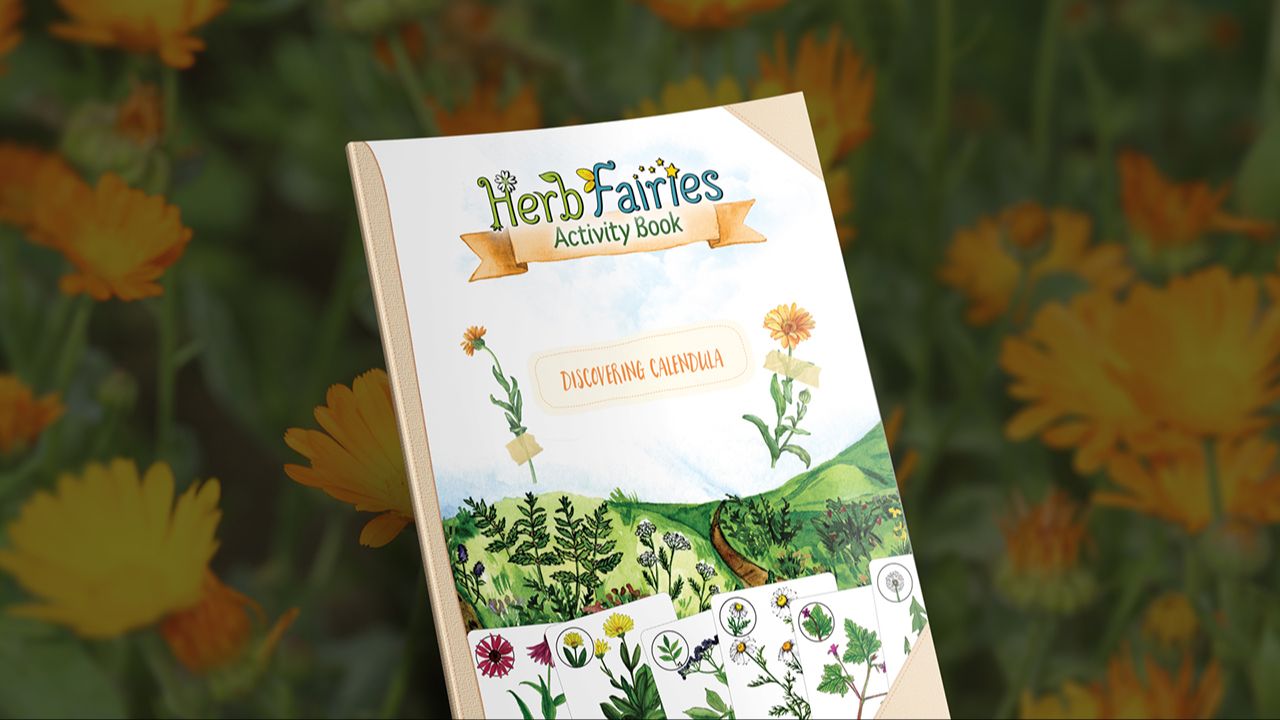
Rhodiola Uses and Plant Monograph
Creeping out of rocky cliffs in the harshest of environments, Rhodiola displays strength, stamina, and perseverance in its very essence of being. With a long history of use in traditional medicinal and hundreds of studies performed in Russia and Asia, Rhodiola has been slowly creeping its way into Western herbal medicine. Loved by many and questioned by some, Rhodiola may offer much needed help for many of today’s common health problems.
As an Adaptogen and for Athletic Endurance
Above all, Rhodiola is heralded as an adaptogen herb. Adaptogen herbs are building and nourishing herbs that offer broad spectrum resilience, helping humans to adapt to stress and other nervous system challenges. Chinese emperors traditionally used Rhodiola in their quest for long life, while Siberians traditionally used it to prevent illness during the winter. Vikings relished the increased strength they got from Rhodiola.
In recent years Rhodiola has been studied for its ability to increase the stamina and endurance of athletes. One small study found that a combination of Rhodiola root and Cordyceps fungus improved athletic endurance in men who were also undergoing high altitude training.1 Another small study showed that Rhodiola “may increase the adaptogen ability to physical exercise.”2 Other studies have shown little to no benefit for athletes.3 Larger well designed trials are needed.

Rhodiola Uses and Plant Profile Summary
- Botanical Name: Rhodiola rosea, R. crenulata
- Other Common Names: roseroot, arctic root, golden root, hong jing tian
- Family: Crassulaceae
- Parts Used: mainly roots, edible leaves
- Energetics: cool, dry
- Taste: astringent, sweet
- Plant Properties: adaptogen, antioxidant, immunomodulator, astringent, vulnerary, cardioprotectant, anxiolytic
- Plant Uses: fatigue, stress, anxiety, depression, cancer, improve athletic endurance, altitude sickness, mouth ulcers, heart disease
- Plant Preparations: decoction, tincture, capsules
To Address Depression, Anxiety and Cognitive Health
Many herbalists use Rhodiola to support people with depression and anxiety. A common theme is to use Rhodiola for depression relating to seasonal changes. Icelandic herbalist Anna Rósa Róberstdóttir uses it for people who have “depression because of darkness.” Herbalist Beverly Gray reports, “It brings relief to people who live in extreme climates and are challenged by seasonal affective disorder (SAD).”4 David Winston, author along with Steven Maimes of Adaptogens: Herbs for Strength, Stamina, and Stress Relief, says, “I regularly use Rhodiola for people with deficient (asthenic) depression, altitude sickness (used with Cordyceps, reishi, and holy basil), and attention deficit hyperactivity disorder (ADHD), as well as to help people recover from head trauma injury.”5
How does Rhodiola work for depression?
There have been many studies looking at Rhodiola in regards to depression, but there are a limited number of well-designed human clinical trials. In looking at a range of studies from cell cultures to humans, a review of Rhodiola in the treatment of depression by the American Botanical Council reports, “These studies have provided evidence that the antidepressant effect of Rhodiola may be associated with the following mechanisms: modulation of stress response mediators, modulation of the hypothalamic-pituitary-adrenal axis homeostasis, modulation of G-protein coupled receptor signaling pathways, and stimulation of expression and release of neuropeptide Y (NPY).”6 In other words, Rhodiola seems to improve many different facets of cognitive health.












